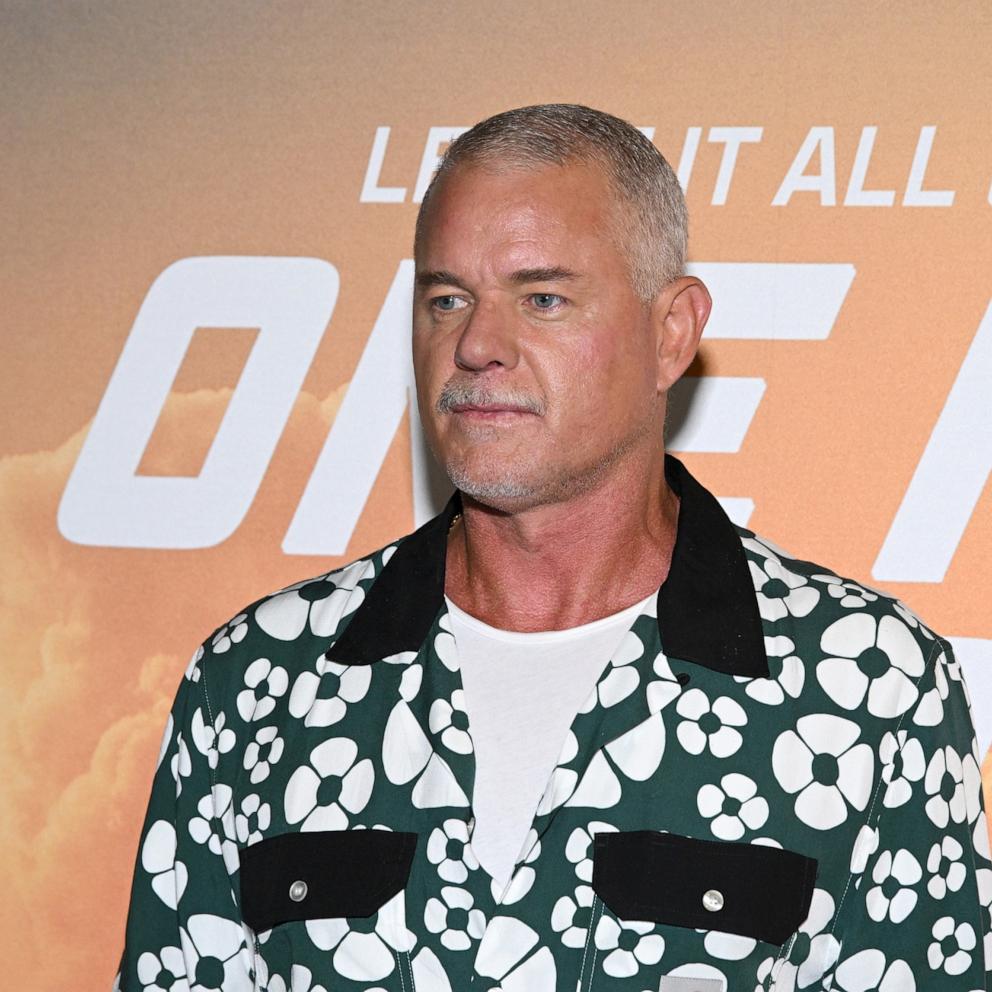Newer drug may be an alternative to help lower heart disease risk, study finds
Statins, drugs that are used to lower one's cholesterol, can save lives - but come with steep side effects for up to a third of people who need them. Now, a new study shows an alternative drug can also dramatically reduce heart disease risk.
The study in The New England Journal of Medicine finds a Food and Drug Administration-approved drug reduces risk of heart disease, similar to statins, but without side effects many statin users experience.
At least 93% of American adults using a cholesterol-lowering medication are prescribed statins like Lipitor or Crestor to reduce heart disease risk, but a sizeable minority of patients experience significant side effects like muscle aches, according to the study.

Statins are a class of cholesterol-lowering medications that are currently recommended for people who are at high risk of getting heart attacks and strokes. However, they have side effects, most common being muscle aches. Anywhere from 7% to 29% of people taking statin experience this side effect.
A newer drug called Nexletol was approved in 2020 by the FDA to treat high cholesterol, but the new study published in NEJM shows that the drug also reduces the risk of heart disease.
Researchers believe this data supports using Nexletol as a safe and effective alternative for many people who cannot take statins.
"Now we have a therapy we can give patients that is not a statin, does not have statin-related side effects that can lower LDL cholesterol substantially and importantly reduce cardiovascular morbidity," Dr. Steven E. Nissen, the lead investigator of the study, told ABC News.
"Very notable impact was decrease in heart attack, which was 23%," Dr. Howard Weintraub, of NYU Langone and an expert in preventative cardiology, told ABC News.
Doctors say patients should speak with their physician before starting or stopping any new medication.
Kaviya Sathyakumar, M.D., M.B.A., is a family medicine resident physician at Ocala Regional Medical Center in Florida and member of ABC News Medical Unit.
Editor's note: This story has been updated.




